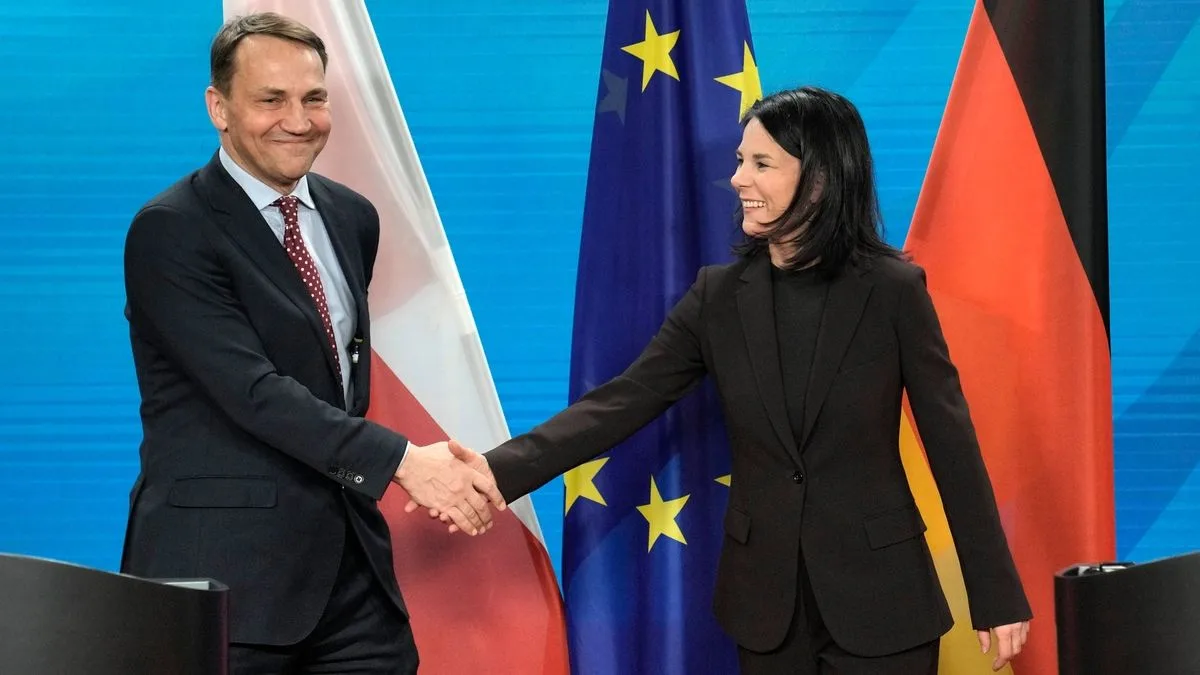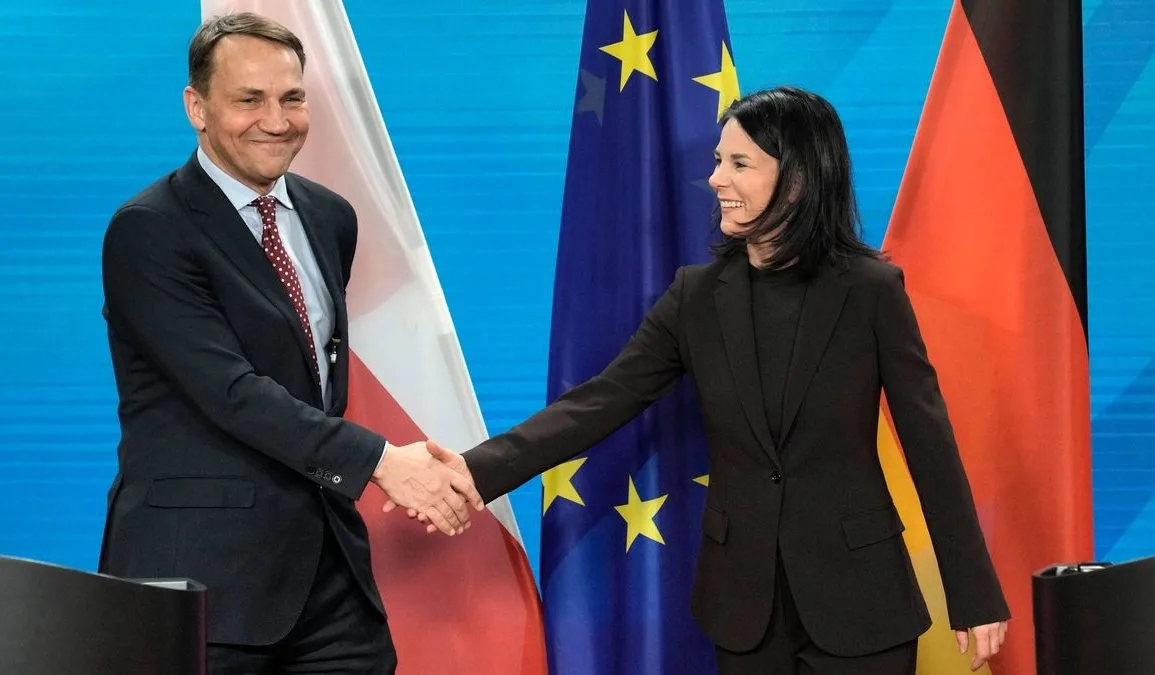
In a notable shift of foreign policy, Poland’s new leadership under Prime Minister Donald Tusk has taken a step back from its predecessor’s assertive stance on World War II reparations from Germany. In a surprising turn of events, Foreign Minister Radosław Sikorski unveiled a strategy aimed at fostering stronger ties with Germany, focusing on alternative forms of compensation. This move, diverging from the demands of the previous conservative Law and Justice Party (PiS) government, has sparked a blend of criticism and support within the nation.
Seeking New Avenues for Polish-German Relations
The announcement made by Sikorski suggests a diplomatic pivot towards enhancing mutual defense and the restoration of historic buildings, signaling a broader view of compensation that transcends mere financial reparations. This approach appears to be part of a larger strategy by the Tusk government to mend and strengthen relations with Germany, a key player in European politics and economics. The decision marks a significant departure from the more confrontational path charted by the PiS government, which had vocally pursued claims for wartime reparations.
Controversy and Criticism at Home
The recalibration of Poland’s stance has not been without its detractors. Jaroslaw Kaczynski, president of the Law and Justice Party, has accused Germany of harboring a “racist attitude” towards Poles in the context of World War II reparations. Highlighting Germany’s reparations to other countries such as France and Israel, Kaczynski views the unchanged stance towards Poland as unjust. Furthermore, he has levied serious accusations against Tusk, suggesting that the Prime Minister’s actions could be seen as undermining Poland’s standing and potentially violating Article 127 of the Polish Criminal Code, which pertains to weakening the nation’s relations with other countries.
Supporting Kaczynski’s stance, MP Arkadiusz Mularczyk emphasized that the reparations issue has never been formally settled in any international Polish-German agreement. Mularczyk’s comments underscore a sentiment among some Polish politicians that the country has not officially renounced its claims to wartime reparations, despite the current government’s new direction.
A New Chapter in Bilateral Ties?
The unfolding narrative of Polish-German relations is a testament to the complexities of historical grievances and the challenges of diplomatic navigation in modern Europe. Tusk’s government, with its revised approach to reparations, seeks not only to chart a new course in foreign policy but also to redefine what compensation and reconciliation can look like in the 21st century. By prioritizing projects like mutual defense and the restoration of historic buildings, Poland may be opening a new chapter in its relationship with Germany—one that, while not forgetting the past, looks towards a collaborative and mutually beneficial future.
As Poland and Germany continue to navigate their shared history and current geopolitical realities, the world watches. The decisions made by leaders like Tusk and Sikorski today may well define the nature of Polish-German relations for generations to come, potentially setting a precedent for how nations address and resolve deep-seated historical issues. In the end, the pursuit of alternative forms of compensation might not only mend fences but also build stronger bridges between two countries bound by a complex and challenging history.


